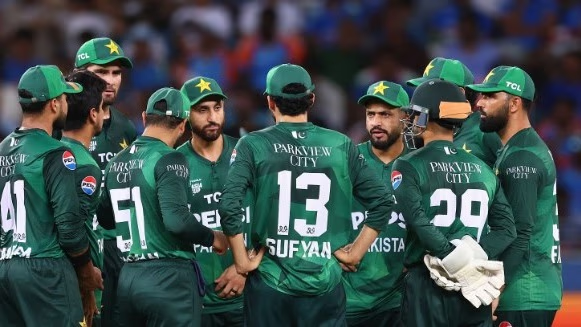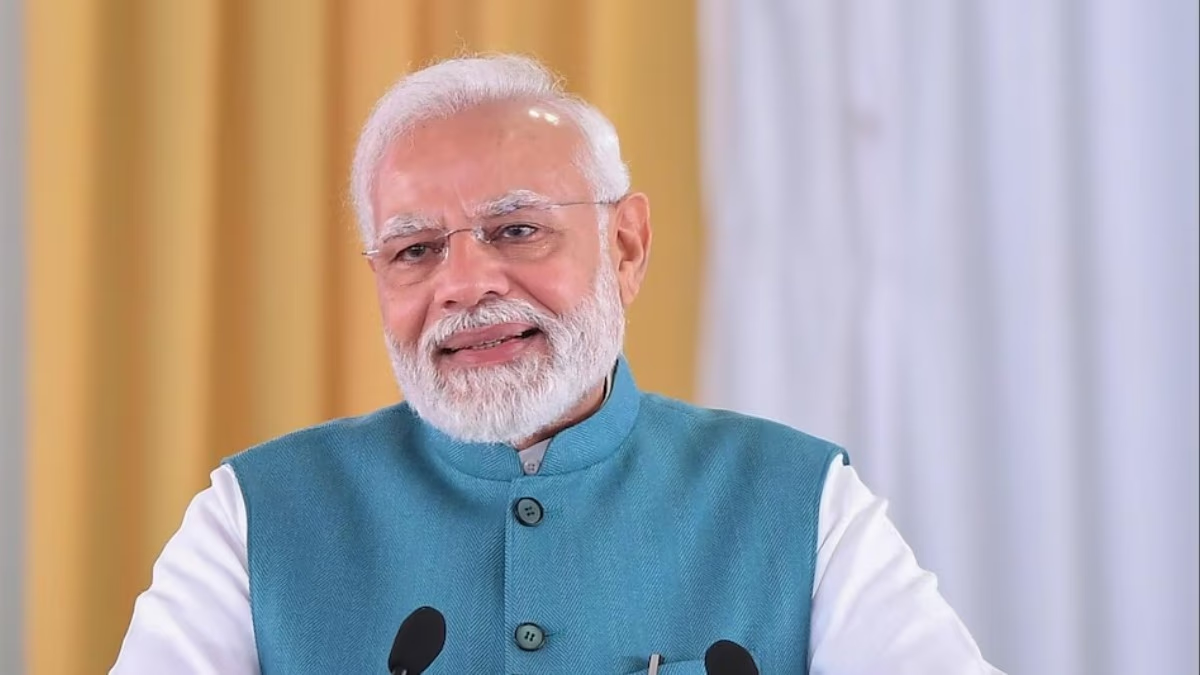The cricketing world is abuzz with Pakistan Cricket Board (PCB)'s threat to boycott the Asia Cup match. PCB Chairman and current Asian Cricket Council (ACC) head, Mohsin Naqvi, sparked this controversy over a dispute involving ICC referee Andy Pycroft. Following a chaotic handshake after the India-Pakistan match, Naqvi blamed Pycroft and demanded his removal—a request that ICC denied.
Asia Cup 2025:
Today, September 17, Pakistan is supposed to play its final group match against the UAE. However, the team did not arrive at the venue on time, and management instructed players to return to their hotel rooms from the team bus. On the day before the match, Pakistan skipped the press conference, raising questions about the team’s stance and readiness.
Withdrawing from the tournament could potentially cost Pakistan between 12 and 16 million USD, translating to between 105 and 141 crore rupees. ACC's total revenue is shared equally among India, Pakistan, Sri Lanka, Bangladesh, and Afghanistan, each receiving 15 percent. Pakistan’s estimated earnings from the current Asia Cup alone range between 1.2 and 1.6 million dollars, a substantial figure for the financially challenged PCB.
Pakistan's annual budget is approximately 227 million dollars, so a 16 million dollar shortfall would equate to about 7 percent of its revenue being wiped out.
Sony Pictures Network India (SPNI) has signed a 170 million dollar deal with ACC from 2024 to 2031, covering women's and under-19 Asia Cups as well. A key attraction is certainly the India-Pakistan clash, crucial to maintaining broadcaster trust. The India-Pakistan match often results in premium advertising slots on TV and digital platforms. Pakistan's withdrawal would cut its share and might shatter the broadcaster's confidence.
Will Pakistan be isolated in the ACC?
The other significant risk lies within the ACC boardroom. The four other test-playing nations might question why PCB should receive 15 percent revenue without participating. This move could severely impact Naqvi's credibility as ACC President, placing him in contention both as Board head and Council leader, undermining his position in both.
Naqvi's actions appear influenced more by political pressures rather than purely cricketing reasons, as he attempts to maintain a tough image amidst domestic pressures in Pakistan.




